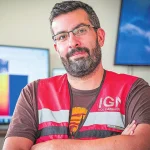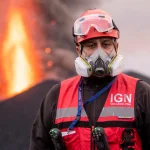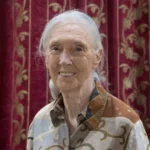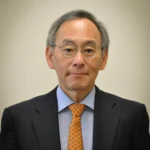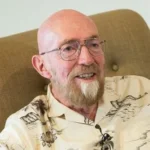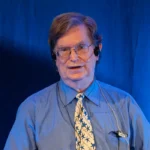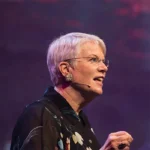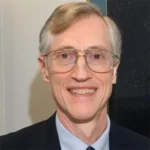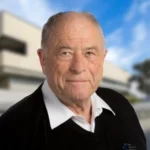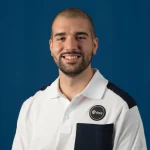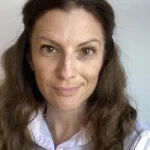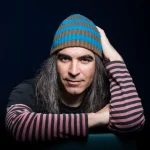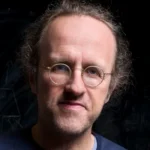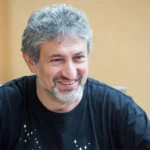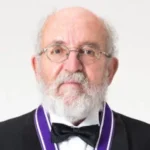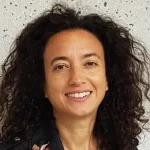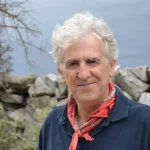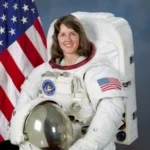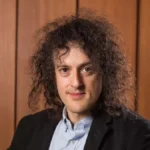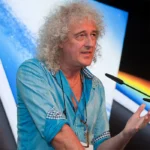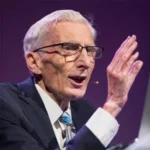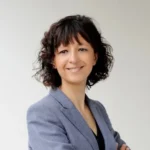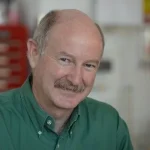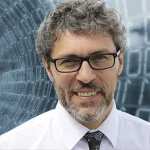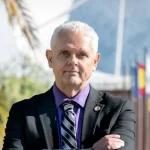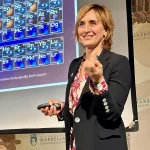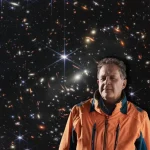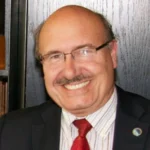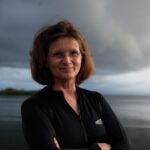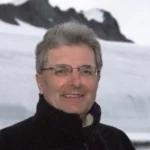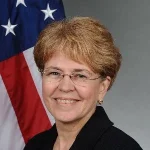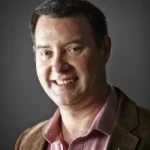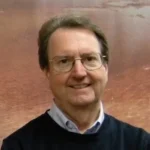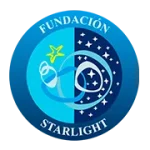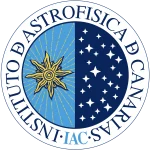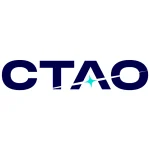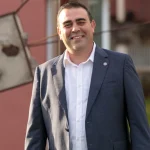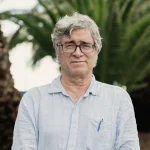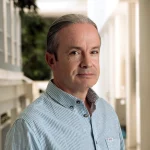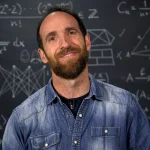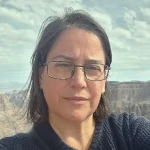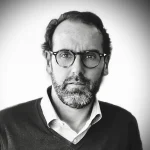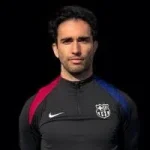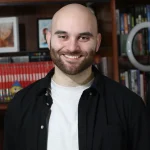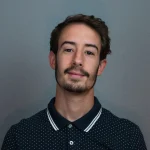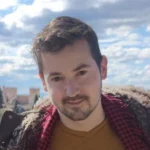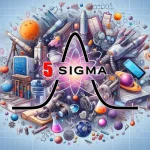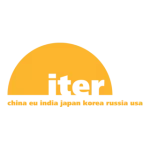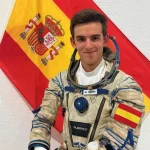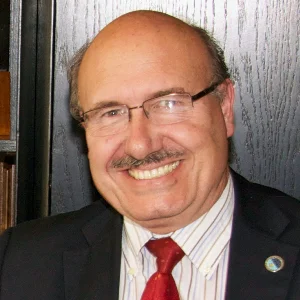
Speaker
Rafael Rebolo
Astrophysicist
Starmus La Palma
Starmus V
Rafael Rebolo, born on September 12, 1961, in Cartagena, Spain, is a distinguished astrophysicist and the former director of the Instituto de Astrofísica de Canarias (IAC). He earned his degree in Physics from the University of Granada in 1984 and completed his Ph.D. in Astrophysics at the University of La Laguna in 1987. Rebolo has been a pivotal figure at the IAC since 1984, where he has led numerous research groups and projects.
Rebolo’s research has significantly advanced our understanding of cosmology, stellar physics, and exoplanets. He was part of the team that discovered the first brown dwarfs and several giant exoplanets. His work on the cosmic microwave background and the physical connection between supernovae and black holes has been groundbreaking. Rebolo has also contributed to the development of high-precision instruments like the ESPRESSO spectrograph for detecting Earth-like exoplanets.
Throughout his career, Rebolo has received numerous accolades, including the Jaime I Research Prize, the Medalla de Honor al Fomento de la Invención, and the Jules Janssen Prize. He is a member of several prestigious scientific organizations and continues to influence the field of astrophysics through his leadership and research.
Prof. Rebolo and his team are responsible for the discovery in 1995 of the first brown dwarfs (objects with properties intermediate between stars and giant planets of which there are tens of billions in our Galaxy), the discovery of free-floating planets and several super-Earths orbiting nearby stars. He obtained with G. Israelian and others empirical evidence in 1999 of the physical connection between supernovae and black holes. He has developed several CMB experiments in collaboration with the Universities of Manchester and Cambridge and currently leads the QUIJOTE experiment for measuring the polarization imprinted by gravitational waves on the CMB with telescopes in Tenerife. He is co-PI of the high-precision spectrograph ESPRESSO for detecting exo-Earths with the 8 m VLT telescopes (ESO,Chile), co-investigator of the Planck and Euclid space missions (ESA), and member of the Council of the 10.4 m Gran Telescopio Canarias (GTC) and the Cherenkov Telescope Array. He was also a member of the science group of the 39m ELT and the Scientific Board "Science Vision for European Astronomy". He was awarded the Iberdrola Prize of Science and Technology, the Jaime I and the Canarias Prizes for Research, the Jules Janssen Prize of the French Astronomical Society and Doctor Honoris Causa from the Polytechnic University of Cartagena.

